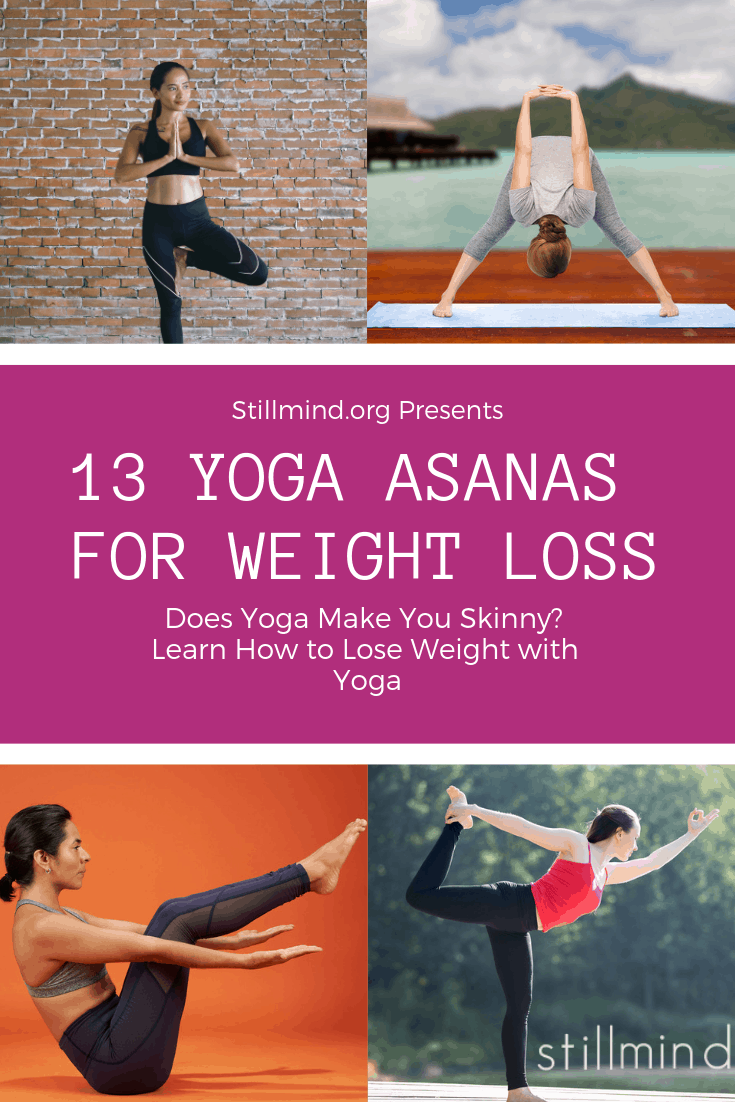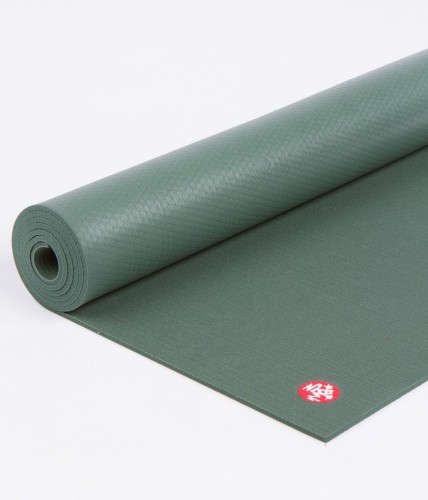
The Mayo Clinic recognizes the growing popularity of integrative and functional medicine. The Mayo Clinic has joined the trend by hiring a functional medicine physician. Dr. David Perlman is a wellness consultant, and his interests are in developing integrative medicine in Florida and collaborating with other campus health experts. In this article, he discusses the benefits of integrative medicine. You will find information that can help you achieve your goals for your health, regardless of what they are.
Brent Bauer, an award-winning intern medicine physician, started the Mayo Clinic's Integrative Medicine and Health Program. He has been researching holistic medicine for more than 20 year. He is a professor in Mayo Clinic’s College of Medical and Science. He is also the medical director of the Well Living Lab, a collaboration between the Mayo Clinic and Delos.
The Mayo Clinic is a pioneer in integrative medicine, with two locations in Florida and a satellite clinic in Arizona. His integrative medicine team incorporates naturopathic medicine and acupuncture into their clinical practice. In addition to this, the Mayo Clinic also has full-time acupuncturists on staff. A variety of complementary therapies are also offered by the Mayo Clinic, including aromatherapy and massage.

The Mayo Clinic Guide to Intuitive Medicine provides an in-depth overview and explains the main components of integrative medicines. It includes images of dozens common treatments and therapies such as meditation and spiritual practices, spa treatments, medicinal herbs, and spa treatments. The authors give each therapy a yellow or green light and explain whether it is recommended. The green light means that these therapies are highly recommended. While the yellow and red signals indicate that they should only be used under the guidance of your primary physician.
Traditional medicine is still popular, but integrative medicine can offer a more effective alternative. The Mayo Clinic Guide to Integrative Medicine provides an overview of common treatments and supplements. This guide provides an overview of integrative medicine, with a focus upon the benefits. Functional medicine can improve your health by addressing the causes and treating symptoms. Before you start a treatment plan, it is important to consult a doctor.
Many doctors have started to use functional medicine as an alternative for traditional medical practices. Functional medicine focuses on the gut and is unique in its approach to treating and preventing disease. Every Mayo Clinic location has a functional medicine specialist. To get the best results, he meets with each patient one-on-one. This is why he is so loved. And it's easy to see why.
Functional medicine not only offers patients a more individual approach but is also cheaper than traditional medicine. Functional medicine patients are more likely overall to be healthier, according to studies. Even though traditional medicine might not always work for everyone, functional medicine can help to prevent chronic illnesses. Functional medicine has numerous benefits. First, it's a faster way to treat certain conditions. The second benefit is the reduction in prescription costs.

Functional medicine is an alternative option to traditional healthcare. The doctors at the Mayo Clinic are specialists in alternative and holistic medical treatment. These doctors are able to treat many types of diseases, including chronic fatigue, digestive issues, and stress. These practitioners aim to make each patient as healthy and happy as possible. This approach is growing in popularity because of its many benefits. O-Shot, which is a treatment to treat sexual dysfunction in men, and P-Shot in women, are two examples.
A 28-week long study concluded that people who used functional medicine were more content, had lower stress levels, suffered from fatigue, and had fewer digestive problems. The patients who received the functional medicine approach reported a greater sense of sexual drive and energy, as well as improved health. This study revealed that some patients were more likely to be able enjoy their relationships than they were to treat the conditions. Functional medicine could be the right choice for you. However, functional medicine is still relatively new.
FAQ
How can I lose weight by avoiding certain foods?
Avoid foods that contain trans fats. Trans fats increase LDL (the harmful) cholesterol and lower HDL (the good).
Trans fats can also be found in deep-fried food, fast food, packaged bakery goods, snack cakes, as well as other processed foods.
These unhealthy fats cause inflammation which leads to heart disease, diabetes, and other health problems.
Avoid foods that are sweetened with artificial sweeteners. Artificial sweeteners may increase your chance of getting cancer.
They are found in everything, from soft drinks to chewing tobacco to candy bars. They appear in many other foods, including meat, poultry, fish, and eggs.
Artificial sweeteners include saccharin and sorbitol.
The American Heart Association suggests that you avoid these chemicals as they can cause DNA damage in your cells.
Do I need to exercise every morning?
No! No! It means you need to exercise hard enough or walk fast enough that you are slightly out-of- breath.
Is it true that kidney stones can be caused by overeating protein?
Protein helps maintain healthy bone and tissue. But consuming too much protein can lead to calcium excretion through urine. In turn, this can result in kidney stones.
It is important to keep in mind that not everyone will develop kidney stones if they consume more protein than 2 grams per kilogram (2.2lbs). People can eat large amounts of protein and not get kidney stones.
You can prevent kidney stones by watching your sodium consumption. Sodium is important for maintaining the body's water balance. Too much sodium can cause kidney stones.
You may also want to reduce your protein intake in the event of kidney stones. Protein provides about half of the daily caloric needs for most adults. It is possible to lose weight by cutting down on your intake of proteins.
If you do decide to eat more protein, don't go overboard. You should aim to consume less than 20% of your total calories from protein.
Do I have to exercise while drinking alcohol?
Yes. Alcohol increases energy expenditure, speeds up recovery times, and reduces soreness.
It also increases insulin sensitivity. This makes it easier and faster to absorb glucose.
Alcohol can also cause dehydration which can lead to a slower metabolism. You may also experience a reduction in testosterone production which can lead to decreased muscle-building potential.
Women shouldn't consume alcohol before exercising. Women who are heavily alcoholic should wait at minimum 24 hours before starting to work out.
Breastfeeding women should stay away from alcohol.
Men should limit their alcohol intake to just one drink each day.
Is Cardio Better Than Strength Training?
Both are equally effective. But cardio is a much better choice if you want to gain muscles faster.
Cardio burns more calories in a minute than strength training and more fat.
Strength training builds muscle mass, but it takes longer to achieve this goal than cardio.
Do Men Need A Gym Membership?
Men do not need a gym membership. However, your money will be more valuable if you join a gym.
Many gyms offer free trials that let you try the facilities before you pay any fees.
You can use the gym whenever you like, and it won't cost anything. You can cancel your membership as soon as you decide whether you love or hate it.
Statistics
- Are You One of the 20% of Guys (mh.co.za)
- An estimated calorie range for moderately active adult males falls between 2,200 to 2,800 calories per day, depending on age. (eatright.org)
- By John Thompson Take a whopping 38% off a set of PowerBlock Pros. (menshealth.com)
- Get free shipping and 25% off today. (healthline.com)
- According to the American Heart Association, blood pressure should be checked at least once every two years, beginning at age 20. (my.clevelandclinic.org)
External Links
How To
How can I burn fat and exercise?
Exercise burns calories through increased metabolism and oxygen consumption.
You'll lose weight safely if you exercise at moderate intensity.
These are some tips to help you lose fat while working out:
-
Cardio exercises can include running, walking, swimming or cycling.
-
Do 30 minutes of exercise three times a week.
-
If you want to lose more weight, add strength training to your routine.
-
Avoid intense workouts. It's possible to build muscle, but not lose it.
-
Hydrate well during exercise. Water is essential for flushing out toxins and keeping your body hydrated.
-
After exercising, you should drink low-fat protein drinks. Protein shakes help repair muscles and boosts energy.
-
You can eat smaller meals throughout the day so that you don't feel hungry in between meals.
-
Don't skip breakfast! Skipping breakfast can make you tired and sluggish.
-
Take care to your mental well-being. Stressful situations may slow down your metabolism.
-
Keep a positive attitude. Studies show that people who believe they are overweight gain more weight then those who think they are attractive.
-
Get enough sleep. A lack of sleep makes it difficult to lose fat.
-
Keep active. Be sure to get up and move around every hour or two.
-
Maintain a healthy diet. Eat right to feel satisfied and full for longer.
-
Find ways to relax. A tense mind doesn't allow your body to release stress hormones that break down muscle tissue.
A balanced diet includes all essential nutrients needed for growth and development.
Eat six small meals each day instead of three large ones. This gives your body time and energy to process the food.
To maintain strong bones, you need to consume 500 mg of calcium each day. Calcium is available in dairy products like milk, yogurt, fortified soy beverages, orange juice, cereal, bread, and cereals.
Calcium can be found in leafy green veggies, beans, tofu and nuts as well as seeds, nuts and cheese.
Vitamin D is required by the body to absorb calcium. Vitamin D is found in certain fortified foods, such as egg yolk and fatty fish.
Vitamin E is essential for skin health. It can be found as a vegetable oil, wheat germ, peanuts or almonds.
Your body needs zinc to maintain normal immune function and heal wounds. Zinc can also be found in legumes, oysters, meats and whole grains.
Zinc deficiency can cause fatigue, loss of appetite, depression, and impaired immunity.
Eating too much sugar causes insulin resistance, which increases blood glucose levels. Insulin resistance leads directly to weight gain.
When there is a high level of free radicals, insulin resistance can develop. Free radicals are molecules that have unpaired electrons, which can cause damage to cell membranes or other parts of your body.
Most free radicals come from pesticides herbicides, food additives, preservatives smoking, radiation, chemical in cosmetics, lotions and household cleaning supplies.
Free radicals can lead to cancer and heart disease, diabetes mellitus, arthritis, asthma, and premature aging.
The best way to avoid free radicals is to eat a balanced diet high in antioxidants. Antioxidants protect against oxidative damage.
Vitamin C can be found in citrus fruits. Beta carotene can be found in carrots. Sweet potatoes. Tomatoes. Carrots. Sweet potatoes. Spinach. Broccoli. Cantaloupe. Vitamin E is found in nuts. Olive oil, avocados.
Selenium, copper as well as manganese and zinc are some other antioxidant nutrients.
Selenium protects cells against oxidative damage from free radicals. Selenium may be found in Brazil nuts as well tuna, liver and kidneys. It can also be found on shrimp, cod, turkey, beef lamb, pork, chicken, and other foods.
Copper protects the eyes, brain, lungs, liver, and red blood cells. Copper can be found in shellfish and poultry as well as meat and organ meats.
Manganese, an essential component of bone strength, is crucial. Manganese can be found in brown rice and spinach as well as bananas, prunes raisins, oatmeal, lentils, and oatmeal.
Zinc is essential for normal growth, reproduction, wound healing, and average growth. Zn can also be found in white fish, lean cuts of meat, poultry, and eggs.